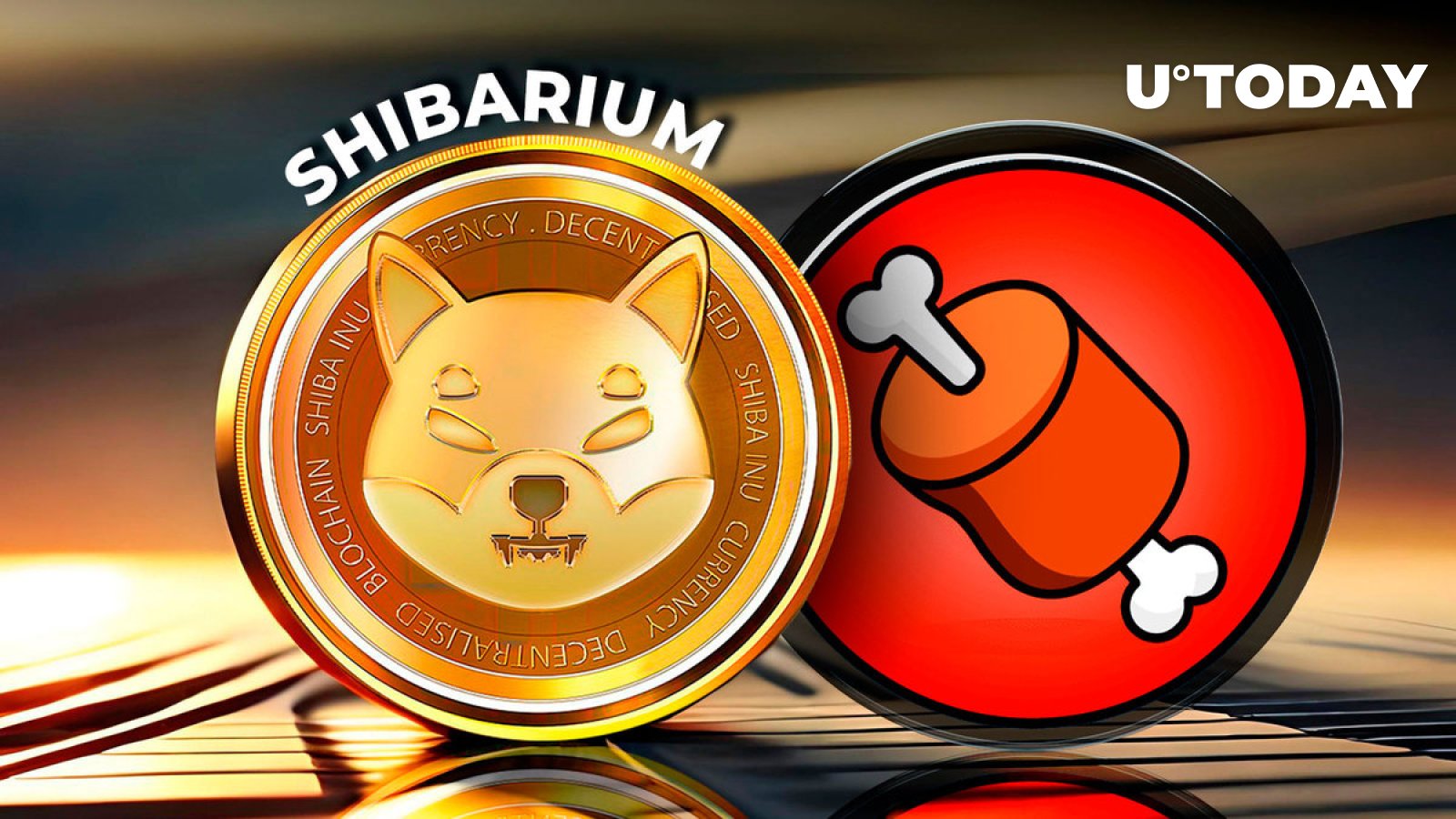Russia retreats from crypto ban as it pushes rules for industry

In this issue
1. Russia: The Kremlin’s crypto gamble
2. OpenSea: Trouble in Texas
3. China: Whose metaverse is it anyway?
From the Editor’s Desk
Dear Reader,
“War is a matter not so much of arms as of money.” So said Thucydides, the Athenian general and historian of the fifth century B.C. Peloponnesian War.
Not much has changed since. Right now, millions of people in Ukraine and along Russia’s western flank face the threat of armed conflict. But in Russia, war and money — more specifically, war and cryptocurrency — are becoming increasingly intertwined.
Moscow, facing potentially crippling economic and financial sanctions over its decision to invade parts of Ukraine, decided a fortnight ago to regulate cryptocurrencies rather than ban them.
The timing of that move, less than two weeks after President Vladimir Putin expressed carefully calibrated support for the country’s crypto mining industry, may be less a coincidence than a calculation. When sanctions — including broad exclusion from the international financial system — begin to bite, wouldn’t crypto present an opportunity to skirt them?
Maybe. But Mr. Putin’s more powerful crypto bet involves Russia’s mining sector. The country’s exports are heavily weighted toward oil and gas, which sanctions will ensure have no Western buyers. What to do with all that excess energy? Among other things, why not mine crypto, as its president seems to be suggesting?
As neighboring Kazakhstan clamps down on its mining community, prompting some of its members to eye the exit, could Russia steal a march to replace it as the world’s second-biggest mining hub, or even its biggest?
A mining push by Moscow would give the Russians two things: an enlarged domestic industry, and bragging rights as they conceivably edge closer to controlling the lion’s share of the hashrate of Bitcoin and other cryptos.
Of course, bragging rights are very much the smaller prize when set against the income that could be generated by a pumped-up mining industry, particularly if the Kremlin ensures it gets a slice of the action. Despite being able to onshore significant crypto hashrate, real money is what ultimately matters to students of strategy, and of history.
Until the next time,
Angie Lau
Editor-in-Chief
Forkast
1. Taming Cyberia

Image: Sean Gallup/Getty Images
Russia’s Ministry of Finance is planning to regulate cryptocurrencies in the country, despite earlier calls by the central bank for a ban on crypto.
- According to a press statement released on Monday, the finance ministry has presented a bill on cryptocurrency regulation to parliament based on a roadmap drafted last month by a group of several government agencies.
- Speculation over Russia’s stance on crypto and its increasingly warlike actions toward neighboring Ukraine have had a significant impact on the crypto market since the beginning of the year, in particular the uncertainty over whether Russia would regulate or ban crypto and the status of crypto mining operations in the country.
- According to last week’s draft bill, cryptocurrencies would be treated as investment tools, not legal tender, preventing their use as a means of payment for goods and services. The draft legislation also lays out rules for cryptocurrency exchanges and stipulates that all crypto-to-fiat transactions must be conducted through bank accounts, with users subject to know-your-customer checks by both banks and cryptocurrency exchanges.
- The finance ministry’s announcement highlights the policy split with the Bank of Russia, which had opposed regulation and called for a ban on crypto mining and trading as it pushed forward with a trial of its central bank digital currency, the digital ruble.
Forkast.Insights | What does it mean?
Forkast welcomes regulation of crypto markets, but not when that regulation lacks clarity.
India bungled its attempt at legitimizing its growing crypto industry with a poorly thought-out, confusing tax regime that penalizes traders, exchanges and startups.
Russia’s announcement of planned regulation for crypto is long overdue, but the reasons for the official about-face, following stiff central bank opposition to it, are less about supporting growth and more about controlling it.
Moscow is currently fighting three battles with the crypto community. The first is a surge in illegal crypto mines popping up in the country’s isolated east. The second is a small but growing flow of capital out of the ruble and into crypto. The third, and most irksome for President Vladimir Putin personally, is the use of crypto to funnel funds to jailed Kremlin critic Alexei Navalny.
Russians racked up US$5 billion in cryptocurrency transactions last year, according to the country’s central bank. Inflation is climbing steeply, with Western sanctions over Ukraine expected to hit hard. More citizens may turn to crypto to protect their savings from rising living costs.
Following China’s crypto ban last year, Russia quickly became the world’s third-largest Bitcoin mining hub as miners fled north across the Chinese border into Russia’s far east.
Thanks to cheap energy and cold conditions, Siberia, and the region of Irkutsk, in particular, have become an unofficial crypto hub.
Regulation in Russia, as in India, may be less a means of fostering the growth of the industry than cementing state authority over it.
2. Monkey business at OpenSea




Image: Bored Ape Yacht Club
By the numbers: OpenSea — over 5,000% increase in Google search volume.
Non-fungible token marketplace OpenSea is facing a US$1 million-plus lawsuit, filed last Friday by the former owner of a Bored Ape Yacht Club NFT that was allegedly stolen by a hacker exploiting a bug on the platform.
- Timothy McKimmy, an OpenSea user in Texas, filed a complaint in federal court, claiming he was the owner of Bored Ape #3475, which he had not listed on OpenSea but was sold for 0.01 ETH (US$26.91) on or around Feb. 7, a fraction of its market value. The “buyer” reportedly later resold the NFT for 99 ETH, or US$266,493 at today’s Ether price
- According to the complaint, McKimmy’s NFT was lost due to a “security vulnerability” on OpenSea that allowed “an outside party to illegally enter through OpenSea’s code and access [his] NFT wallet,” in order to list and swiftly sell the NFT.
- The complaint — which accuses OpenSea of negligence and breach of contract — claimed OpenSea was aware of the bug, but that the platform had “risked the security of its users’ NFTs and digital vaults to continue collecting 2.5% of every transaction uninterrupted.” McKimmy is seeking “the return of the Bored Ape … and/or damages over [US]$1 million.”
- The bug that resulted in the theft was discovered last month when OpenSea suffered a front-end attack in which 332 ETH (US$893,694) was withdrawn. OpenSea later issued refunds worth around US$1.8 million to users affected by the exploit. Earlier this month, OpenSea fell victim to a phishing attack after announcing an upgrade to delist inactive NFTs on the platform.
- OpenSea is currently the world’s biggest NFT marketplace, with a trading volume topping US$366 million in the past seven days, according to DappRadar.
Forkast.Insight | What does it mean?
OpenSea has become a symbol of growing unease in the crypto community.
Early adopters of NFTs have balked at the marketplace’s trajectory towards becoming a more centralized NFT trading hub, while investors and new users are calling on it to take a firmer approach to its management of buyers and sellers.
OpenSea should look to Web 2.0’s biggest DIY marketplace, eBay, for inspiration. In its early days, eBay faced a barrage of legal action over its hands-off approach to what was sold on its platform.
The company had to rapidly deploy measures to prevent copyright infringement, auction sniping and theft to counter Amazon’s growing dominance of e‑commerce. OpenSea should do the same.
The recent spate of hacks and attacks are a symbol of OpenSea’s success, but also an inauspicious development. If it doesn’t get a grip on security, it risks alienating both its community and the investors that have propelled it to a US$13 billion valuation.
OpenSea, like eBay, collects revenue by taking a cut of every transaction — around 2.5% for every NFT sold. That generates more than enough revenue for the company to beef up security, even if it means losing some of its pioneer credibility in the more libertarian corners of the digital asset space.
3. The limits of China’s expanding metaverse




Image: Lintao Zhang/Getty Images
China’s patent office has received thousands of applications for metaverse-related trademarks, and the state is seeking to cool surging interest in the technology.
- The China National Intellectual Property Administration has approximately 16,000 applications for metaverse-related trademarks in the database that are now under its review.
- The agency has emphasized that it opposes the malicious registration and hoarding of metaverse trademarks by parties that have no intention to use them, and that all entities should register trademarks with honesty in order not to undermine the public interest.
- According to Tianyancha, a Chinese business research platform, the agency has rejected metaverse trademark applications by tech giants Tencent, NetEase and multiple other major companies.
- The surging number of metaverse projects is raising concerns about the possibility of bubbles and illegal fundraising. On Feb. 18, the China Banking and Insurance Regulatory Commission published a risk warning on illegal fundraising activities exploiting metaverse concepts. Three days later, the Metaverse Industry Committee of China, a non-government organization, published “The Convention of Self-Regulation in the Metaverse Industry,” saying that the industry should avoid using metaverse concepts for speculation.
Forkast.Insight | What does it mean?
The hype around metaverses has prompted numerous Chinese companies to register as many metaverse-related trademarks as possible, and the patent office is not happy about it.
Cut-throat competition in China’s internet industry is a well-established part of the momentum of technological development in the world’s second-largest economy, but things have to slow down a bit for trademark registration. The National Intellectual Property Administration has made it clear that not everything in the metaverse can be trademarked.
The agency’s approach is in line with Chinese regulators’ long-standing attitude towards tech innovation. They need tech companies to deliver results (which is why the internet giants’ notorious “996” working culture has thus far been tolerated, despite an only partly successful attempt to rein it in last year) while warning against hype and the emergence of monopolistic conduct.
One thing is certain: The metaverse concept will continue to trend and develop as the country ramps up efforts to deploy 5G networks, with more virtual reality and gaming content from tech giants in the pipeline. That means Chinese companies will need to walk a fine line between overachieving and staying compliant with regulatory imperatives.


